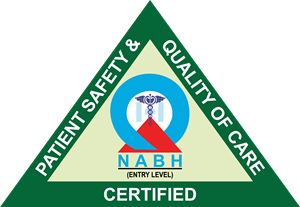Health insurance has become an essential component of financial planning in today’s world. The rising costs of medical treatments make it imperative to have a robust health insurance policy to safeguard yourself and your family from financial burdens during medical emergencies. However, choosing the right health insurance plan can be overwhelming.
We understand the complexities of the healthcare system and the importance of informed decision-making.


